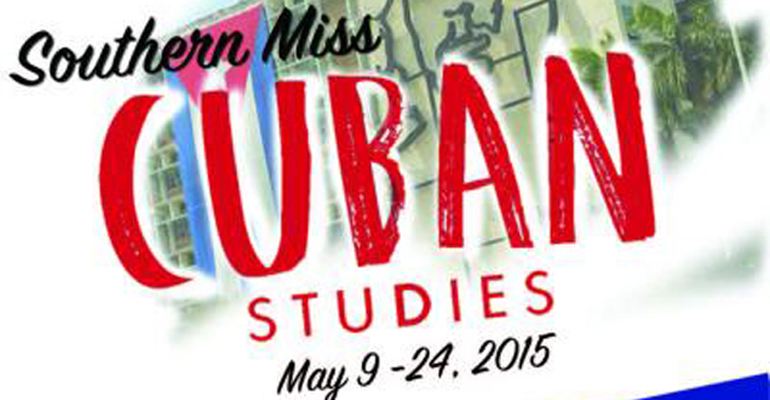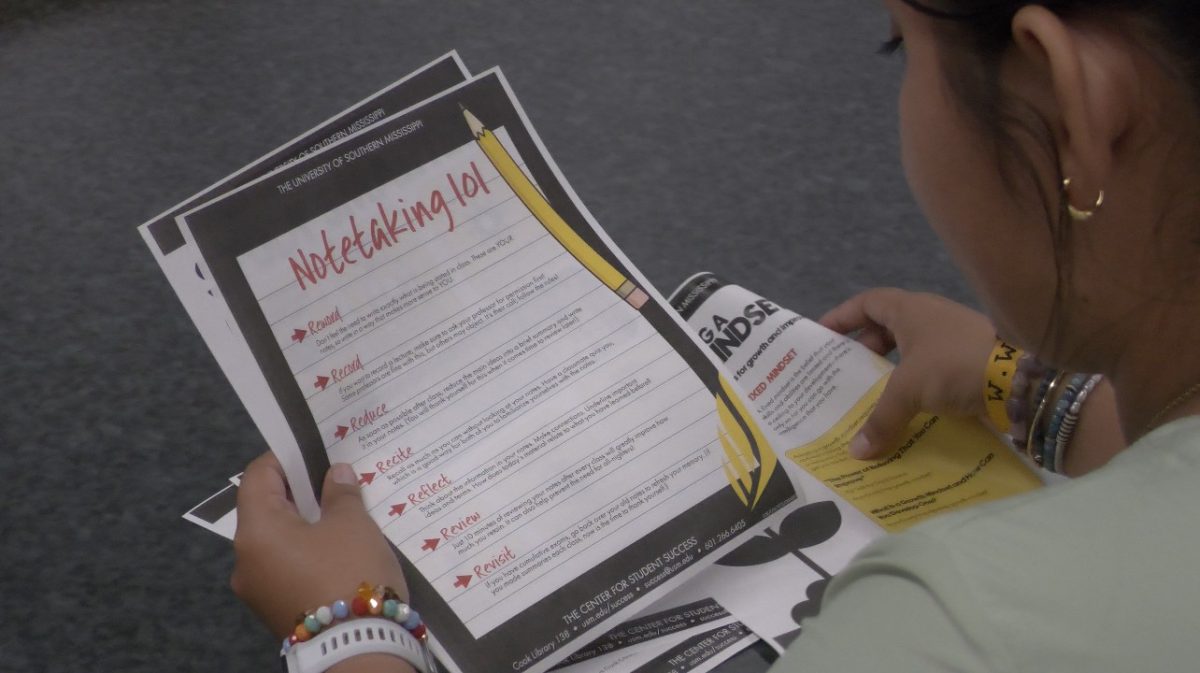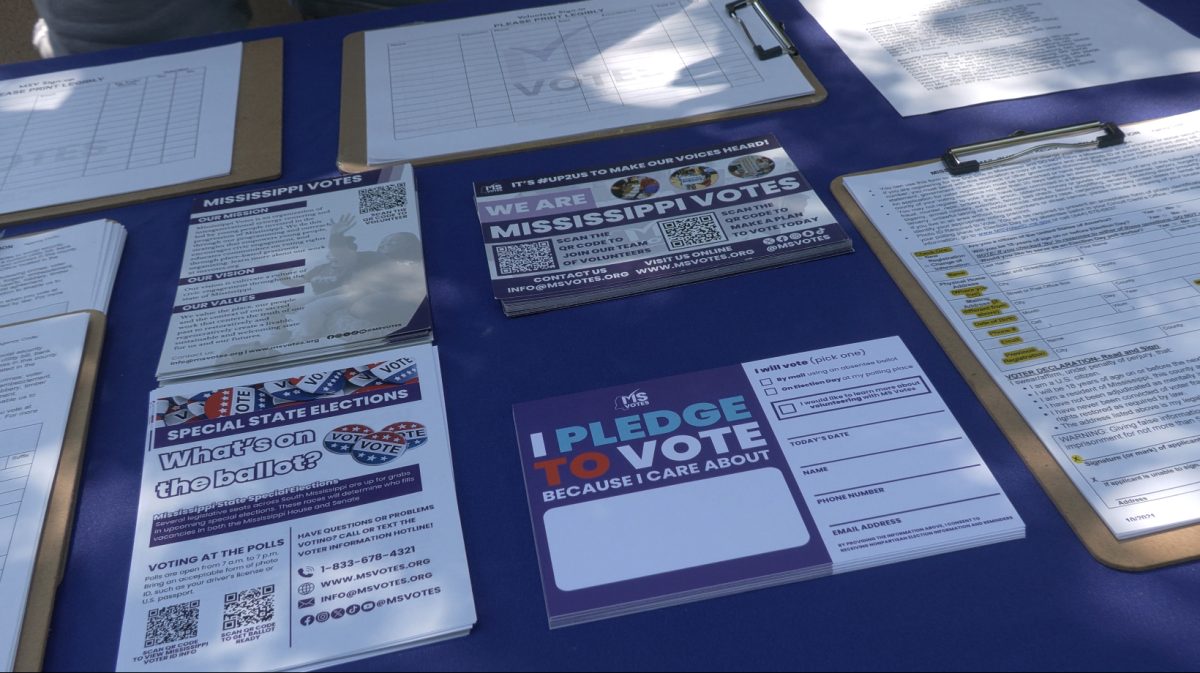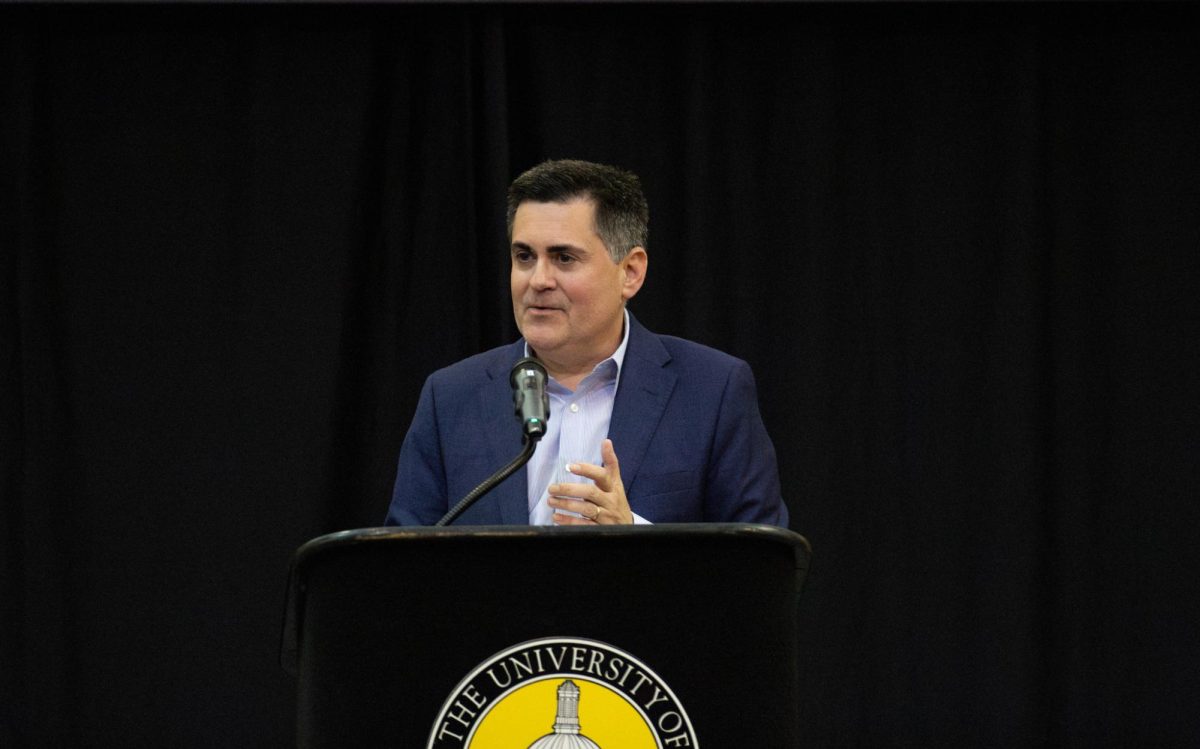The Obama administration’s new rules relaxing trade and travel to Cuba are now in effect and Americans have already begun their travels across the border.
The University of Southern Mississippi students will take their first trip to Cuba for a new Cuban study abroad program offered during summer 2015.
The program will take place May 9-24. Students who attend will enroll in one of four courses in education, history or social work. The trip will include daily visits to national museums, public artworks, historic sites and more.
“One of the most powerful aspects of any study abroad program is allowing you to see the world and experience other cultures; to be critical, but also thankful for the place where you live,” said Matthew Casey, assistant professor of history.
Many find the shift in Cuba’s policy under President Barack Obama confusing and face ambiguity about entering Cuba. To provide clarity, Global Post has created a list of pointers to help tourists going into Cuba.
New rules allow U.S. visitors to bring back up to $400 in souvenirs, including tobacco and alcohol; however tobacco cannot exceed $100 in Cuban prices.
A major change in U.S. credit and debit cards allow for use in Cuba, so there is no need to worry about carrying large amounts of money. Flights for Havana currently leave from Miami and Tampa, although there are plans to open a flight from New York.
NBC reports it is difficult to determine how long the new rules will be in effect, but that changes should be anticipated.
“The real shift would be for the U.S. government to actually end the trade embargo law. This would need a vote in Congress,” NBC reported.
Questions concerning whether Cubans are ready for Americans have circulated through the media.
When asked how his family in Cuba has reacted to the new travel regulations between the U.S. and Cuba, Ernesto Balarezo, a former USM student who is currently receiving his master’s in music performance at Schwob School of Music at Columbus State University in Georgia, said his family members are excited about the change.
“There is only a political ‘tension,’ but there is not tension against the population of the U.S. From my personal experience it is safe to go to Cuba. They’ve never hated Americans or anything like that. When friends of mine go to Cuba they are always welcome with open arms and open hearts,” Balarezo said.
Studying Cuba’s rich culture could benefit any student who looks to broaden his or her perspective.
“This is a fascinating way to improve who you are as a human, and improving the skills you need to get a job and in life,” Casey said.
“You’ll meet different people and think from a different perspective. And it doesn’t hurt that the coffee, cigars and music are awesome,” Casey said.
For more information on the Cuban Studies Program visit usm.edu/study-abroad/cuban-studies, or contact Matthew Casey for history, Tim Rehner for social work and Lisa Stapleton for education studies and research.
































